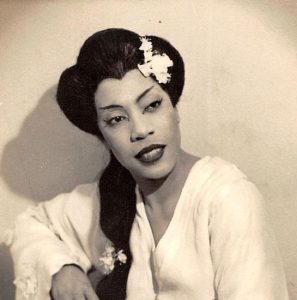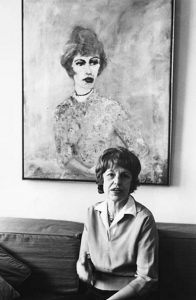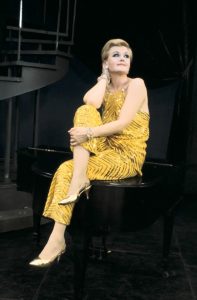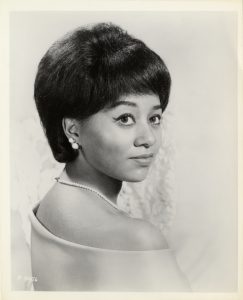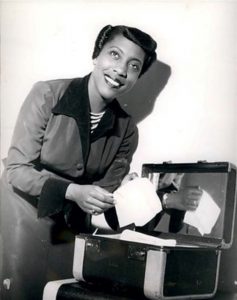Podcast: Play in new window | Download (Duration: 1:44:49 — 105.1MB) | Embed
Subscribe: Spotify | TuneIn | RSS | More
Today may be my final episode for Pride Month 2025, but it is most certainly not my final episode celebrating and affirming Pride and all our glorious forebears who preceded us! Today’s episode is a belated birthday tribute to British tenor Peter Pears (22 June 1910 – 03 April 1986), most celebrated for his long-standing romantic and musical partnership with Benjamin Britten. However, as with my recent episode celebrating the artistry of Pierre Bernac apart from his performances of the music of Francis Poulenc, in today’s episode, there is not a note of Britten’s music to be heard. There is no question that Britten was a formative figure in Pears’ artistic development, but throughout their lives together, he performed a wide range of music, from Pérotin to Lutosławski as an independent and enormously versatile artist. In this episode, I offer selections by Webern, Handel, Copland, Couperin, Stravinsky, Dowland, Tippett, Mozart, Holst, Bach, Copland, Berkeley, Schubert, Walton, Schütz, Debussy, Handel, Nordheim, Schumann, and David Bedford, among others, to offer a surprising portrait of this fascinating singer. Even if you have not (yet) acquired a taste for this (sometimes) controversial singer, I urge you to give it a listen, for not only does it present Pears in all his varieties, it also highlights his musical partnerships with Joan Sutherland, Sviatoslav Richter, Murray Perahia, Dennis Brain, Viola Tunnard, George Malcolm, Martha Mödl, Gré Brouwenstijn, Imogen Holst, and Noel Mewton-Wood (as well as a few clips with with his life-partner Britten at the piano).
Countermelody is a podcast devoted to the glory and the power of the human voice raised in song. Singer and vocal aficionado Daniel Gundlach explores great singers of the past and present focusing in particular on those who are less well-remembered today than they should be. Daniel’s lifetime in music as a professional countertenor, pianist, vocal coach, voice teacher, and journalist yields an exciting array of anecdotes, impressions, and “inside stories.” At Countermelody’s core is the celebration of great singers of all stripes, their instruments, and the connection they make to the words they sing. By clicking on the following link (https://linktr.ee/CountermelodyPodcast) you can find the dedicated Countermelody website which contains additional content including artist photos and episode setlists. The link will also take you to Countermelody’s Patreon page, where you can pledge your monthly or yearly support at whatever level you can afford.


